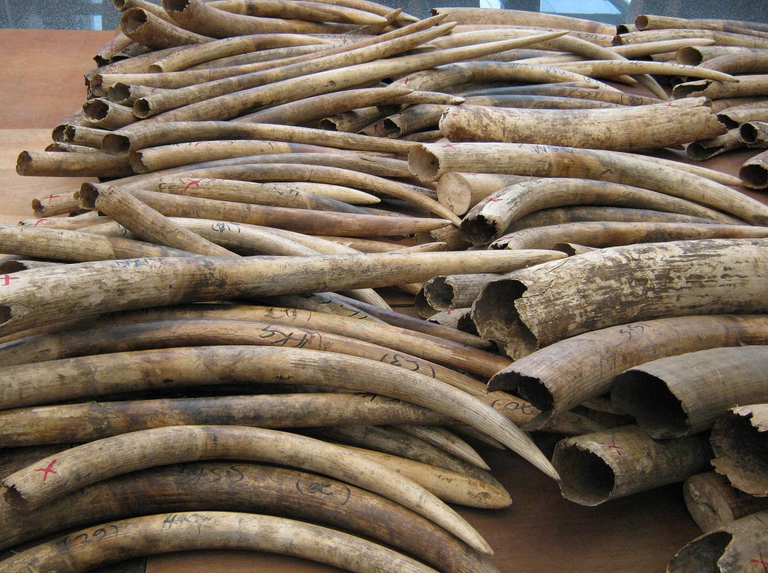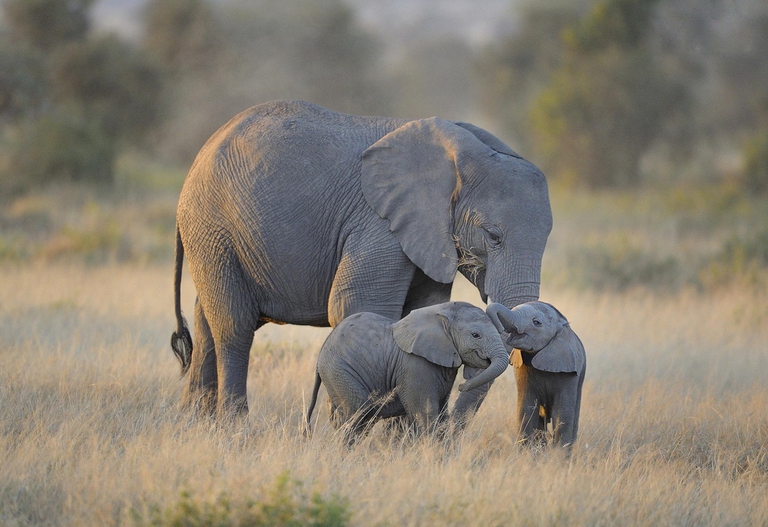
South African court dismisses a major lawsuit by 140,000 Zambian women and children against Anglo American for Kabwe lead poisoning. A setback for affected communities enduring the lasting impact of lead contamination.
Continua la strage di elefanti, sale a 62 il numero di pachidermi uccisi a ottobre nel parco nazionale di Hwange.
The number of elephants (Loxodonta africana) killed in one month in Zimbabwe, in the Hwange National Park (where also Cecil the lion was killed), rises to 62. The latest victims, cubs included, date back to only few days ago: they have been poisoned with cyanide injected in oranges.
“The rate at which we are losing animals to cyanide is alarming. Many other species are also dying from the cyanide used by poachers to target elephants,” said national park’s spokeswoman Caroline Washaya-Moyo. “We are appealing to people in communities close to national parks to cooperate with authorities.”
The Hwange National Park, boasting one of the continent’s highest elephant concentrations, risks losing one of its iconic species. In 2013, over 200 elephants have been poisoned for their ivory. Ivory illegal trade generates a global turnover of 23 billion dollars each year.
Last year, five poachers have been sentenced, with 4 to 14 years in jail, for having poisoned some pools of water in the reserve of Ngamo Safaris.
Earnings are high and sentences are probably not enough to curb the scourge of poaching, responsible for the killing of hundreds of elephants and rhinoceroses every year, which ivory is smuggled in Asian countries.
Hwange National Park’s spokeswoman hopes that trained dogs coming from South Africa and the increasing number of drones could contribute to effectively protect wildlife.
Siamo anche su WhatsApp. Segui il canale ufficiale LifeGate per restare aggiornata, aggiornato sulle ultime notizie e sulle nostre attività.
![]()
Quest'opera è distribuita con Licenza Creative Commons Attribuzione - Non commerciale - Non opere derivate 4.0 Internazionale.
South African court dismisses a major lawsuit by 140,000 Zambian women and children against Anglo American for Kabwe lead poisoning. A setback for affected communities enduring the lasting impact of lead contamination.
Controversial African land deals by Blue Carbon face skepticism regarding their environmental impact and doubts about the company’s track record, raising concerns about potential divergence from authentic environmental initiatives.
Majuli, the world’s largest river island in Assam State of India is quickly disappearing into the Brahmaputra river due to soil erosion.
Food imported into the EU aren’t subject to the same production standards as European food. The introduction of mirror clauses would ensure reciprocity while also encouraging the agroecological transition.
Sikkim is a hilly State in north-east India. Surrounded by villages that attracts outsiders thanks to its soothing calmness and natural beauty.
Sikkim, one of the smallest states in India has made it mandatory for new mothers to plant saplings and protect them like their children to save environment
Chilekwa Mumba is a Zambian is an environmental activist and community organizer. He is known for having organized a successful lawsuit against UK-based mining companies.
What led to the Fukushima water release, and what are the impacts of one of the most controversial decisions of the post-nuclear disaster clean-up effort?
Nzambi Matee is a Kenyan engineer who produces sustainable low-cost construction materials made of recycled plastic waste with the aim of addressing plastic pollution and affordable housing.









